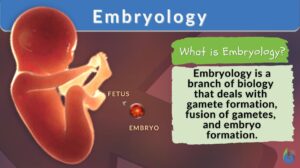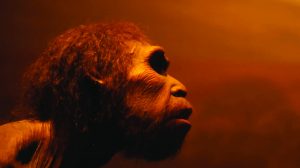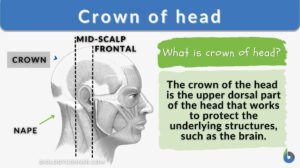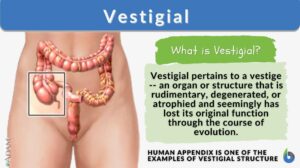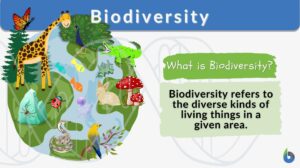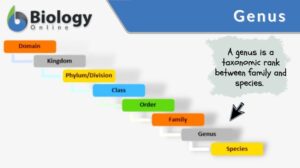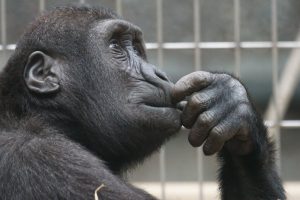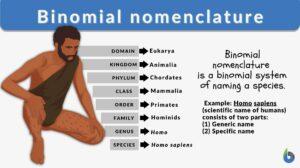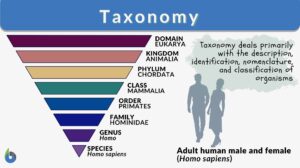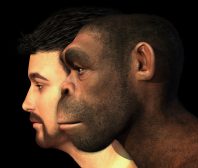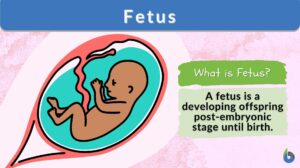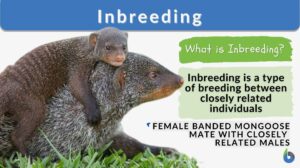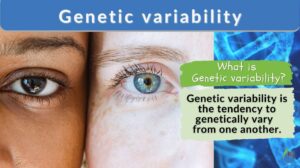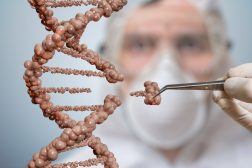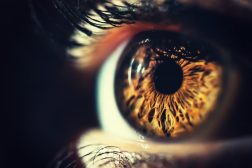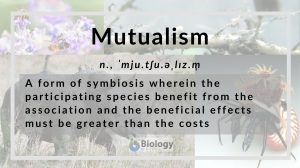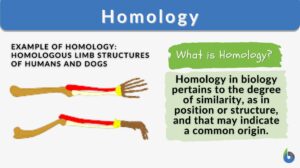Search Results for: modern human being
Homo sapiens sapiens
Homo sapiens What are homo sapiens? Homo sapiens is the species of all the highly developed primates on earth, a category... Read More
Embryology
Embryology Definition Embryology is a branch of biology that deals with the topics concerning gamete formation... Read More
The Hominids
Although humans in today's world are the most advanced species on the planet, we previously shared the exact same genetic... Read More
Crown of head
Crown of Head Definition The crown of the head is the upper dorsal part (or area) of the head. Several creatures have... Read More
Homo neanderthalensis
Definition noun Species of primitive human beings that lived between 28,000 and 300,000 years ago. Various specimens of... Read More
Replacement model
Definition noun A theory proposed by Christopher Stringer and Peter Andrews suggesting that the place of origin of modern... Read More
Biodiversity
The biological world or life on earth is a marvel that has amazed us since time immemorial. The rich natural diversity of... Read More
Muscles of the Apes – a thwack on human muscle evolution
Summary: A recent finding suggests that apes do have the muscles for bipedalism, vocal communication, and facial... Read More
Regional continuity model
Definition noun A scientific model supported by Milford Wolpoff in which it holds that the modern humans came from a single,... Read More
Binomial nomenclature
Binomial Nomenclature Definition Binomial nomenclature is a binomial system of naming a species. A binomial name is... Read More
Theory of Neuroscience
Nezih OKTAR Journal of Neurological Sciences (Turkish) 2006, Volume 23, Number 3, Page(s) 155-158. An Open Access... Read More
The Homo Species
Over the long term, it looked like Homo would supersede any ‘similar model’ of animals due to their unique tool using... Read More
Law of biogenesis
Law Of Biogenesis Definition Law of Biogenesis states that life arises from pre-existing life, not from nonliving matter.... Read More
Cell theory
What Is Cell Theory? Biological cell theory explains the idea of organismal constitution, structure, and function. It... Read More
Inbreeding
Inbreeding is a type of breeding or mating where closely related individuals with a common ancestor produce progenies with... Read More
Erythrocyte
Erythrocyte Definition Erythrocytes (red blood cells or RBCs) are the myeloid series of specialized cells that play an... Read More
Genetic variability
Genetic Variability Definition Genetic variability refers to the tendency of individual genetic characteristics in a... Read More
Genetic Engineering Advantages & Disadvantages
Through genetic engineering, scientists are able to move desirable genes from one plant or animal to another or... Read More
Human Perception – Neurology
A better understanding of human perception unlocks the key to how the mind works, an advantage when working with people with... Read More
Mitochondrion
Mitochondrion Definition What are mitochondria? The term “mitochondrion” comes from the two words of the Greek... Read More
Mātauranga Māori and Science
By: Maria Victoria Gonzaga In the previous lesson, we learned about the various methods used in measuring... Read More
At Home in the Universe: The Search for the Laws of Self-Organization and Complexity
At Home in the Universe: The Search for the Laws of Self-Organization and Complexity ... Read More
Scientific name
Definition noun, plural: scientific names The binomial name assigned to a species of an organism Supplement The scientific... Read More
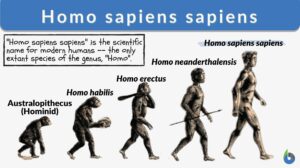
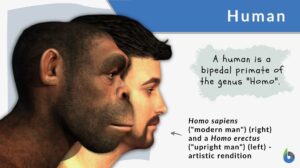
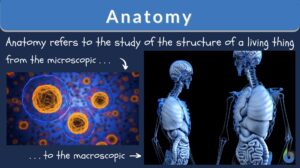

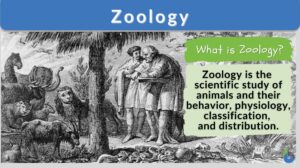
![Botany n., [ˈbɑt.ə.ni/] botany definition and example](https://www.biologyonline.com/wp-content/uploads/2019/10/botany-definition-and-example-300x168.jpg)
